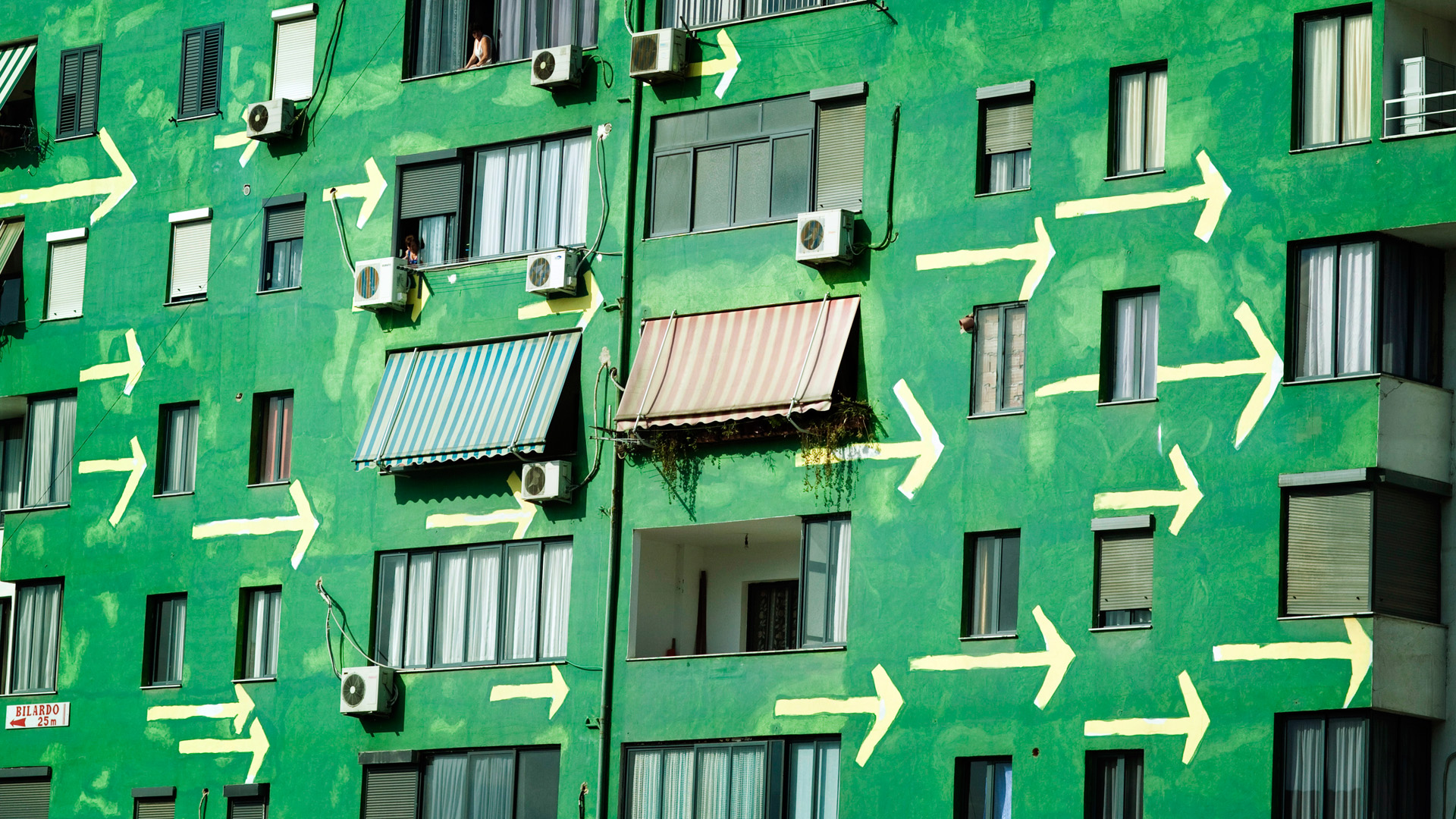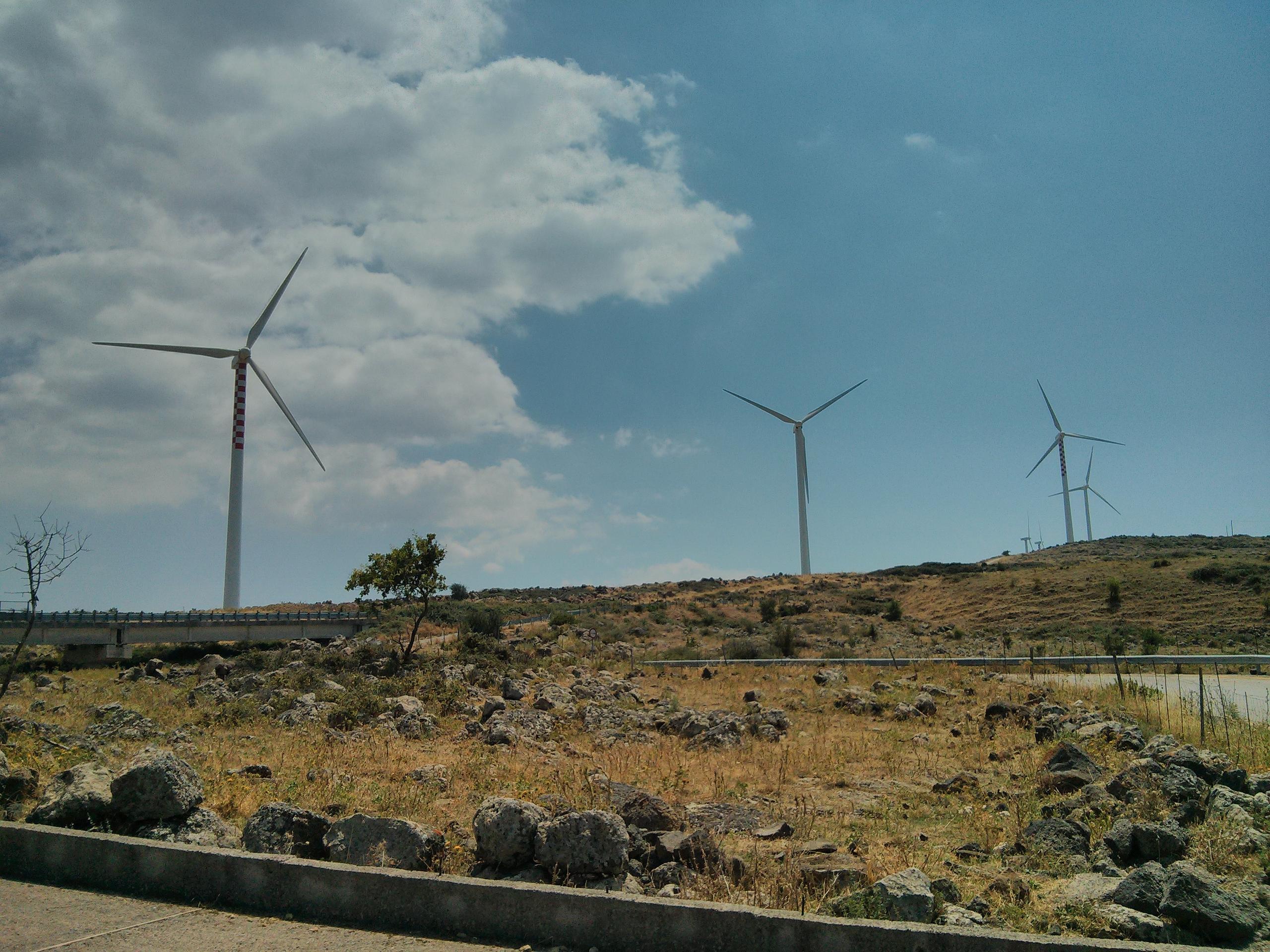A woman in Burundi reads by the light of a solar-powered table lamp.
Copyright© Ute Grabowsky/photothek.net
Climate change and development policy A just transition: towards low-carbon economies and lifestyles
The German Development Ministry (BMZ) partners with other countries in efforts to combine climate action with sustainable economic development and social justice. The purpose of this approach is to cushion social and economic hardship brought about by the transformation of the economy and to create new opportunities – above all for the benefit of local people, but also for the benefit of global stability and cooperation.
An example from South Africa. The transition from coal to renewable energy leads, initially, to job losses. Simultaneously, new jobs emerge from this structural change, for example in the solar and wind energy sector. Together with other donors, the BMZ agreed a Just Energy Transition Partnership (JETP) with South Africa. Its purpose is to ensure that the structural transformation will be socially compatible. Support is being provided to coal sector workers, enabling them to develop new employment prospects. For example, decommissioned power plants in the Province of Mpumalanga are being turned into training centres, opening up new job opportunities for former power station workers. This benefits South Africa, and it benefits international climate goals.
The BMZ's bilateral Climate and Development Partnerships, too, provide examples of how to design a just transition. In India, the BMZ assists more than 100,000 smallholder farms in the State of Andhra Pradesh in shifting to climate-resilient agro-ecological practices. This enables families to generate higher incomes and better cope with crises and disasters. As the programme includes cooperation with women's organisations, it benefits women farmers in particular, fostering their empowerment and gender equality.
What the BMZ is doing
The BMZ is engaged in efforts, in particular, to
- expand clean, safe and affordable energy supply systems;
- create decent and sustainable jobs and establish social protection systems;
- develop the economy and the financial sector in a socially and environmentally sound way;
- strengthen the rights of disadvantaged population groups, especially women;
- conserve biodiversity and vital natural resources;
- support vulnerable countries' efforts to adapt to climate change and cope with climate-related loss and damage;
- develop climate-friendly, liveable cities; and
- foster an open dialogue with the private sector, civil society and local stakeholders, for example as part of JETPs and bilateral Climate and Development Partnerships, because the transformation will only be successful if all groups within society are part of it.
As at: 20/08/2025







